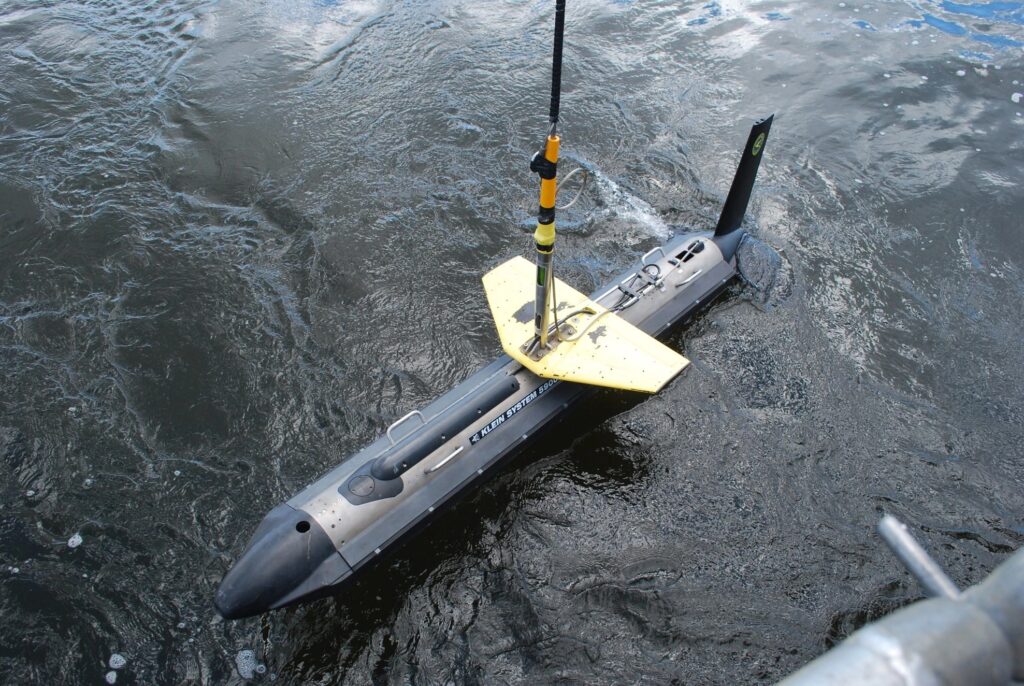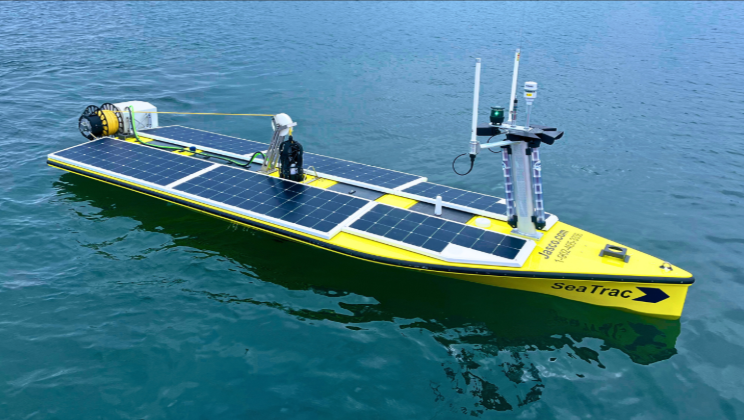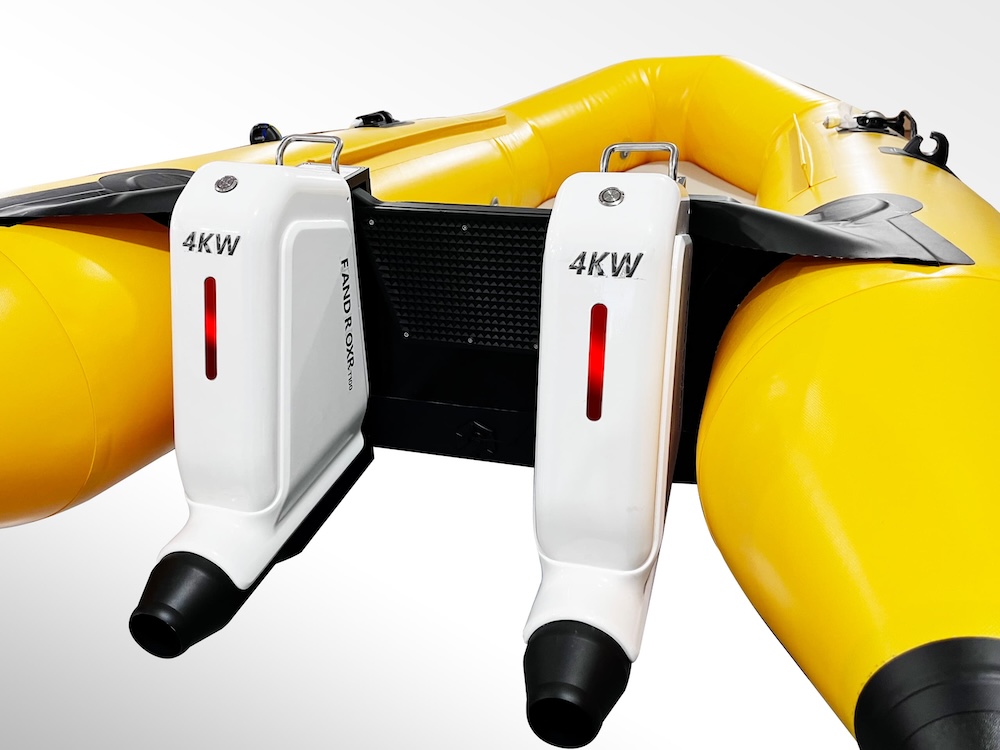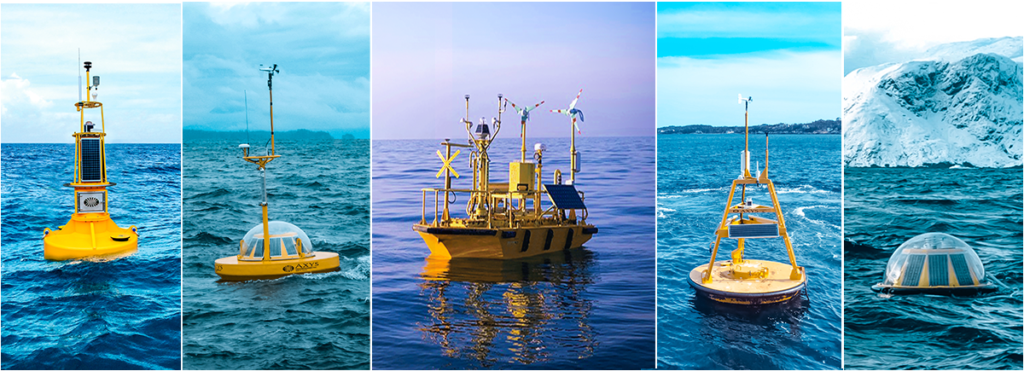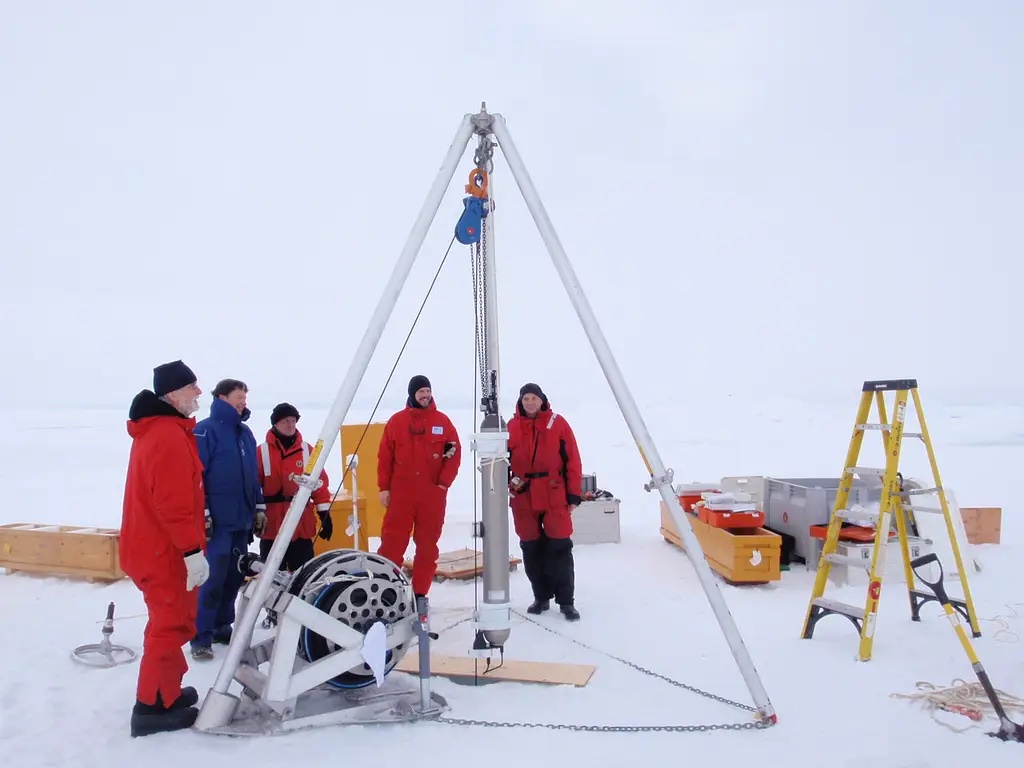
Connect with Leading Marine Technology Innovators
Discover cutting-edge solutions from leading global suppliers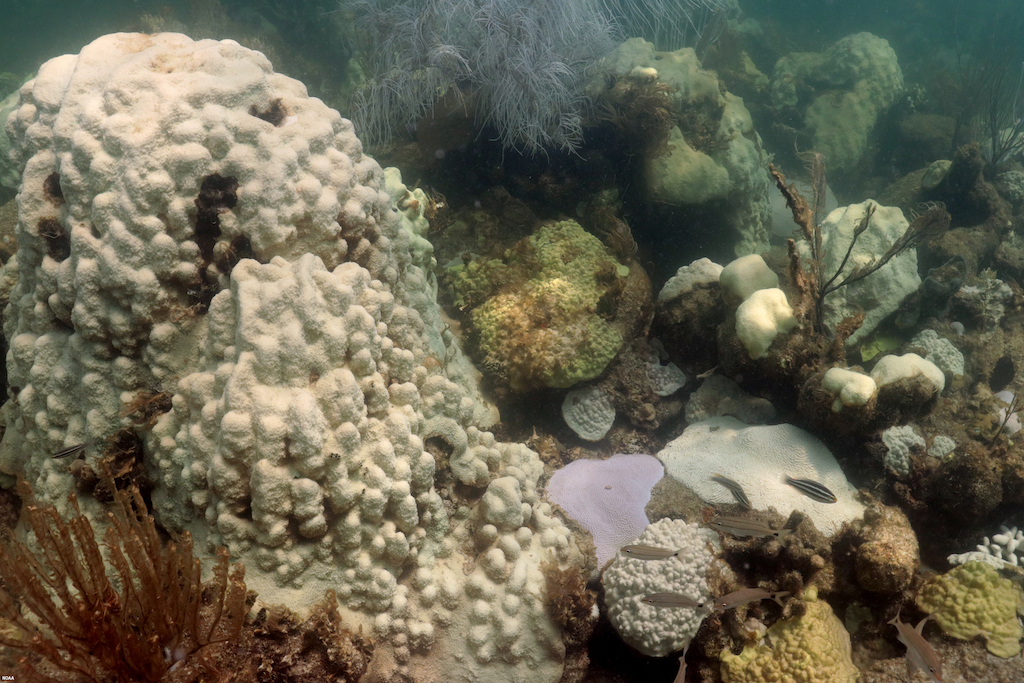
A report led by NOAA and the University of Queensland reveals alarming changes in the upper ocean’s conditions, ecosystems and communities.
The report, published in the journal Science, found that these changes, which trace back to the early 1980s when mass coral bleaching was first observed, strongly correlate with rising sea surface temperatures and climate cycles such as the El Nino Southern Oscillation (ENSO).
In 2023, extreme marine heatwaves (MHWs) engulfed much of the eastern tropical Pacific and wider Caribbean. Many Caribbean reefs experienced historically high heat stress that started much earlier (one-to-two months) and was sustained for much longer than normal.
Derek Manzello, Ph.D., coordinator of NOAA’s Coral Reef Watch program in College Park, Maryland, said; “Nearly all coral reef regions in the wider Caribbean, including Florida, were exposed to more than double the amount of heat stress that is expected to elicit mortality.
“The full ecological impacts of this event will not be fully realized for months-to-years, but preliminary reports have been alarming, as high levels of mortality in staghorn and elkhorn corals have already been reported in Florida, Puerto Rico and Mexico.”
Warming seas and associated MHWs disrupt the intricate balance of coral reefs. Mass coral bleaching occurs when corals become stressed from factors such as high sea surface temperatures (SSTs), lose their symbiotic algae, and turn white.
The symbiotic algae may return to coral tissues at low-stress levels over a few months, but if conditions don’t improve, the corals may die.
Lead author, Ove Hoegh-Guldberg, Ph.D., a professor from the University of Queensland, added; “This information comes at a critical point where commitment to climate change appears to be slipping in the case of many nations. The latest environmental information is indicating that we are well off track when it comes to keeping global surface temperatures from attaining a very dangerous condition by mid- to late-century.”
July 2023 was Earth’s warmest July on record, and it was the fourth month in a row of record-high global SSTs. Anomalously high SSTs in the eastern tropical Pacific and wider Caribbean were more extensive in 2023 than any other year in the satellite record, which started in the early 1980s. Individual coral reefs reached record levels of heat stress up to 12 weeks ahead of previously recorded peaks.
Heat stress puts immense pressure on fragile yet vital tropical ecosystems such as coral reefs, mangrove forests and seagrass meadows.
For example, the shallow coral patch reef, Newfound Harbor, one of seven Mission: Iconic Reefs restoration sites in the Florida Keys National Marine Sanctuary, accumulated heat stress of almost three times the previous record, with this occurring six weeks ahead of what was predicted. This trend occurred throughout not only Florida’s Coral Reef, but also many reefs in the wider Caribbean.
“The trouble now is that impacts appear to be rolling into a vast, record-breaking global event,” warned William Skirving, Ph.D., a senior scientist at NOAA’s Coral Reef Watch.
Historical data suggests the current MHWs throughout the eastern tropical Pacific and wider Caribbean will likely be the precursor to a global mass coral bleaching and mortality event over the next 12 to 24 months as the El Nino phase of ENSO continues.
Anthropogenic climate change is worsening the impacts that organisms and ecosystems experience during different phases of ENSO; and increasingly, marine heat stress has been so extreme in certain locations that it has led to acute heat shock that rapidly kills corals before they even show signs of bleaching.
“Corals are literally dying before they even have a chance to bleach,” said Sophie Dove, Ph.D., a coral reef ecologist at the University of Queensland. “Of course, this amplifies the seriousness of the escalating change on our precious coral reefs.”
The study is also a stark reminder that these trends will likely worsen unless greenhouse gas emissions decrease substantially. Coral-dominated ecosystems are likely to face substantial losses, leading to long-term damage to these and associated ecosystems, the people who rely on them, and coastal infrastructure across Earth’s tropical regions.
“We are on the brink of losing coral reefs,” Hoegh-Guldberg said.



